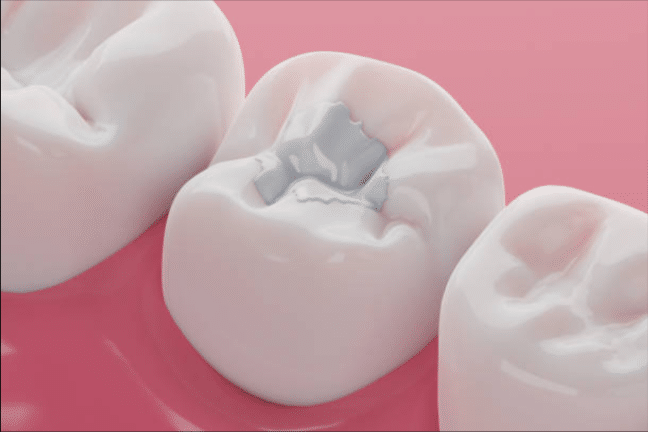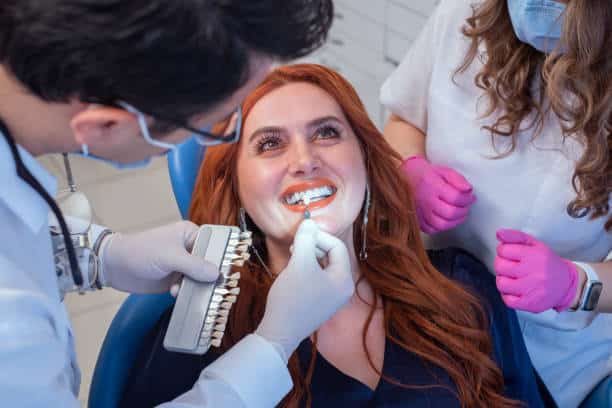Wisdom tooth pain isn’t just inconvenient, it can hit fast and hard, and unfortunately, it often comes with another kind of pain: the financial kind.
Whether you’ve been told your wisdom teeth need to come out or you’re researching in advance, you’re probably wondering: How much does wisdom tooth removal cost? And just as importantly, what are you really paying for?
This guide outlines what affects the cost of wisdom tooth extraction in Bexley, what’s typically included in the price, and practical tips to help patients make informed decisions.
What Are Wisdom Teeth, and Why Do They Often Need Removal?
Let’s start with the basics. Wisdom teeth, also known as third molars, typically emerge between the ages of 17 and 25. For some lucky people, they come through just fine. But for many others, these teeth can cause problems such as:
- Impaction (when the tooth is stuck beneath the gum)
- Crowding of existing teeth
- Infection or inflammation
- Tooth decay in hard-to-reach areas
In Bexley Dental, we often see patients whose wisdom teeth are pushing up against nearby molars or trapped beneath the gum line. In cases like these, removal is typically necessary to prevent long-term damage.
Read More: Expert Guide to Wisdom Teeth Removal
What Affects the Cost of Wisdom Tooth Extraction?
There are a few key elements that can drive the cost up or down:
1. Complexity of the Extraction
- A simple extraction of a fully erupted wisdom tooth is generally quicker and easier.
- An impacted tooth that requires cutting into gum or bone is a more involved procedure, often done by an oral surgeon.
2. Number of Teeth
- Some patients need just one tooth removed, others need all four. Unsurprisingly, more teeth = more cost.
3. Type of Anaesthesia or Sedation
- Local anaesthetic (numbing the area) is standard for simple removals.
- For more complex cases, IV sedation or general anaesthetic may be required, especially if the patient is anxious or the teeth are severely impacted. These add to the cost.
4. Setting
- Procedures done in a hospital or day surgery setting under general anaesthetic tend to be more expensive than those done in the dental chair.
5. Private Health Insurance
- If you have extras cover, part of your costs may be covered. Just be aware that waiting periods and limits often apply.
What’s Included in the Cost?
At Bexley Dental, we believe in full transparency. Here’s what you’re usually paying for in a wisdom tooth removal procedure:
- Initial consultation and X-rays
- Anaesthesia or sedation
- The procedure itself (including surgical instruments and clinician time)
- Post-operative care (prescriptions, follow-ups)
Always ask for a detailed breakdown in advance so you know exactly what’s included, and what’s not.
Tips to Make Wisdom Tooth Removal More Affordable
Let’s be honest, dental care can be costly, but many general dentistry treatments can be made more manageable with the right options.
Check Your Health Fund Coverage
Some extras policies will partially cover wisdom tooth removal, particularly if you go through an accredited provider. It’s worth calling your insurer in advance.
Claim the Medicare Child Dental Benefits Schedule (CDBS)
For eligible children aged 2–17, some dental services (including extractions) may be partially or fully covered.
Shop Smart, But Don’t Compromise
Price shopping is fine, but be cautious. Bargain-basement dental clinics might skip important safety protocols or rush procedures. Always choose a provider with strong credentials and a good reputation.
What Happens After the Procedure?
Most patients recover within 3–5 days, though it can take up to 2 weeks if the removal was complex. Post-op costs are usually minimal, especially if recovery goes smoothly. You may need:
- Over-the-counter pain relief
- Soft foods for a few days
- A follow-up visit (often included in your initial fee)
Pro tip: Don’t skip follow-up care. It’s key to avoid complications like dry socket or infection.
Final Thoughts: Don’t Let Cost Stop You from Getting the Care You Need
Wisdom tooth pain is no joke, and untreated issues can turn into bigger (and more expensive) problems down the line.
If you’re in the Bexley area and concerned about your wisdom teeth, come in for a consultation. We’ll take a thorough look, walk you through your options, and explain all the costs up front. No pressure, no surprises, just honest advice and expert care.
Ready to take the next step toward a healthier, pain-free smile?
Whether it’s a single wisdom tooth or a full set, we’re here to make the process clear, comfortable, and cost-effective. Book your consultation today and the experienced team at Bexley Dental.
📍 Bexley Dental
Address: 400 Forest Road, Bexley, NSW 2207
📞 Phone: (02) 9567 4151
Frequently Asked Questions
1. How much does it cost to remove a wisdom tooth in Australia?
Wisdom tooth removal in Australia typically costs between $80 and $700 per tooth, depending on whether it’s a simple or surgical extraction. More complex cases or full extractions under general anaesthetic can range from $2,000 to $4,000+.
2. Is wisdom tooth removal covered by Medicare or health insurance?
Medicare generally doesn’t cover dental, but some private health insurance extras policies may cover part of the cost. Children may qualify under Medicare’s Child Dental Benefits Schedule (CDBS).
3. Is it cheaper to get all four wisdom teeth removed at once?
Yes, it can be more cost-effective to remove all four at once, especially under sedation or general anaesthetic, since you’re only paying for one hospital or sedation session.
4. What is included in the wisdom tooth removal fee?
Costs typically include the consultation, x-rays, anaesthesia, the extraction itself, and sometimes follow-up care. Be sure to ask your dentist for a full breakdown.
5. Are there payment plans for wisdom tooth extraction?
Yes. Many dental clinics, including ours at Bexley Dental, offer interest-free payment plans to help spread out the cost.
6. Do I need surgery to remove my wisdom tooth?
Not always. If your wisdom tooth is fully erupted and not impacted, a simple extraction may be all that’s required. Impacted or partially erupted teeth usually require surgical removal.
7. How long is the recovery after wisdom tooth removal?
Most patients recover in 3 to 5 days, although it may take up to 2 weeks for full healing, especially after surgical extraction.
8. Can I get my wisdom teeth removed at a regular dental clinic?
Yes, many extractions are safely done in a dental clinic under local anaesthetic. More complex cases may be referred to an oral surgeon or hospital.
9. What happens if I don’t remove my wisdom teeth?
Untreated wisdom teeth can lead to pain, infection, crowding, decay, or damage to nearby teeth. It’s best to have them assessed early by a qualified dentist.



